 The Government's “green list” of countries deemed as safe to travel to during the Covid-19 pandemic may be reduced following concerns expressed by some Ministers. Publication of the list has been postponed until to-morrow (Tuesday) because Taoiseach Micheal Martin is attending crucial EU talks in Brussels. Government sources last night confirmed that the list would be reduced to a “very limited” number of countries when it is finalised at a Cabinet meeting on Tuesday. Noreen Lanigan, Bord Bia’s Regional Manager Europe & North America, discusses what ‘the new normal’ looks like across European markets.
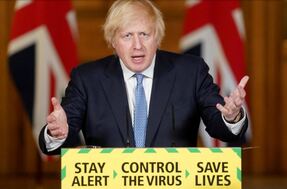 Prime minister Boris Johnson has confirmed that conferences and exhibitions will be permitted in England from 1 October 2020. Addressing the nation from Downing Street, 17 July, the prime minister said the decision would depend on data and that Local Authorities would have powers to close events if there was a danger to the public. The prime minister noted that there would be pilot events ahead of the reopening.  Hoteliers have said the Government's decision to delay increasing the size of gatherings until 10 August will put further pressure on the sector, at a time when hotels and wedding venues are struggling to survive. The President of the Irish Hotels Federation, Elaina Fitzgerald Kane, said it will put thousands of hospitality jobs at risk. She called for more clarity around the Phase 4 reopening, including linking the size of a gathering to the capacity of a venue. 
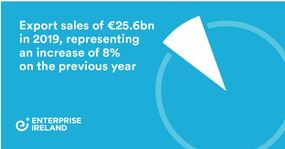
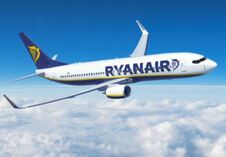 Ryanair, Europe’s largest airline, announced on Tuesday, 14th July that it would cut its Ireland-UK schedules for the months of August and September by up to 1,000 flights, with the loss of over 200,000 passengers, as Ireland maintains a defective quarantine restriction on EU visitors even as the UK and Northern Ireland last week opened up air bridges to most EU countries. A Key Moment: Irish tourism industry awaits Government’s July stimulus package
The fast-moving Covid-19 situation shows no sign of slowing down anytime soon. Although the infection rate in Ireland has remained low and stable for some time there is caution in relation to fully opening up the economy. This affects the Irish tourism sector more than anywhere else, an industry that in the pre-pandemic era was worth €9.3 billion annually to the Irish economy and employed 265,000 people. Now, in this annus horribilis, international arrivals have all but ceased, the domestic market is tentatively back but only with strict social distancing rules in place, and tourism enterprises – of all sizes and in all parts of the country – are desperately nervous of what the future holds. Supply and Demand: Data and Collaboration are Key to Combat Unpredictability of a Pandemic Response14/7/2020
 Opinion Piece: Stephen Brennan, Supply Chain Director, Aramark Northern Europe The Supply Chain function will play a key role in supporting a successful reopening of the Foodservice and Hospitality sector. Understanding the external forces that will impact cost remains critical, but tactical insight into how businesses will reopen and go back to work, is equally important. Amongst this backdrop, the availability of data and collaborating with all departments and clients, becomes the ultimate commodity. Hospitality VAT reduction will not support 3,500 non-food serving pubs closed across the country14/7/2020
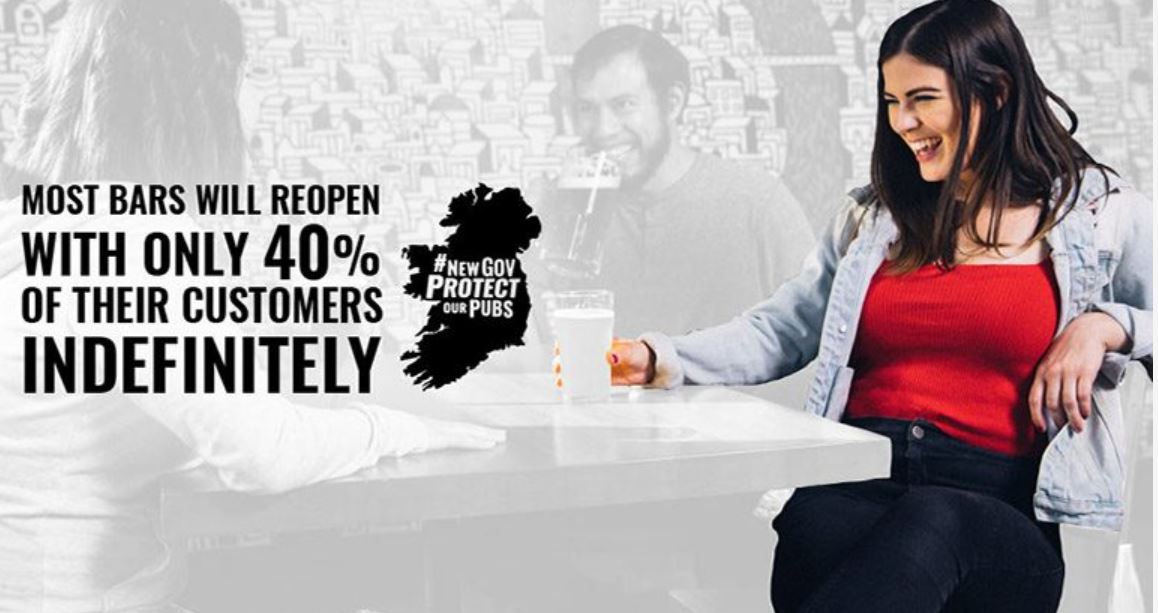 .VAT rate cut on alcohol sought as a temporary measure to help pubs survive until demand increases and consumer confidence returns in early 2021 – LVA, VFI and Ibec’s Drinks Ireland. |
Archives
March 2024
|
|
This site uses cookies. By continuing to browse the site you are agreeing to our use of cookies.
See our Privacy Statement here & Cookie Policy here |
© Copyright IFSA 2020. All Rights Reserved.

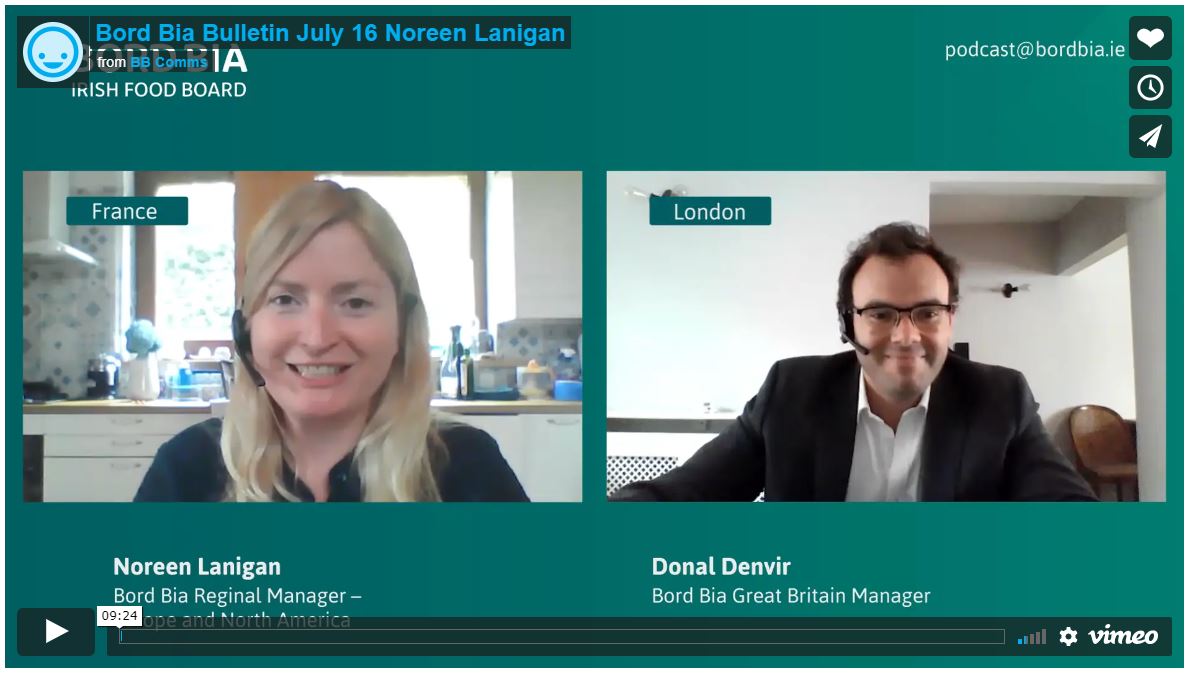
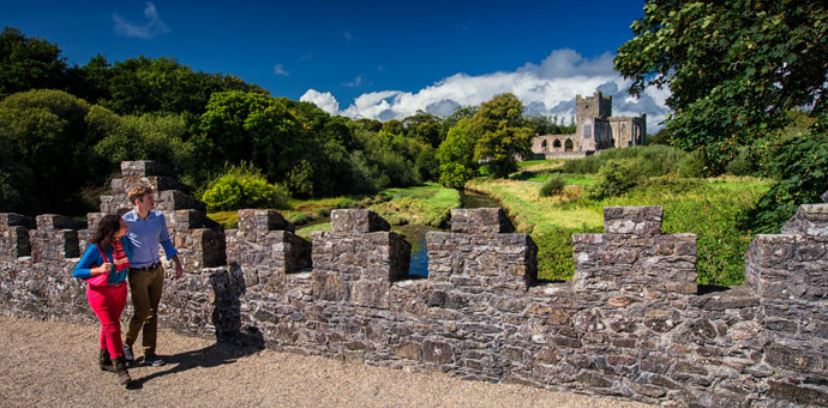
 RSS Feed
RSS Feed